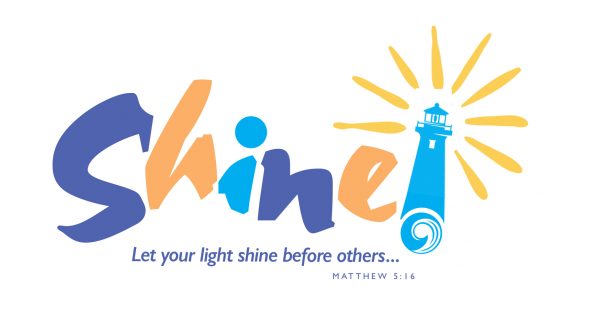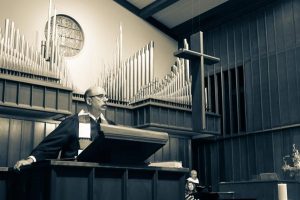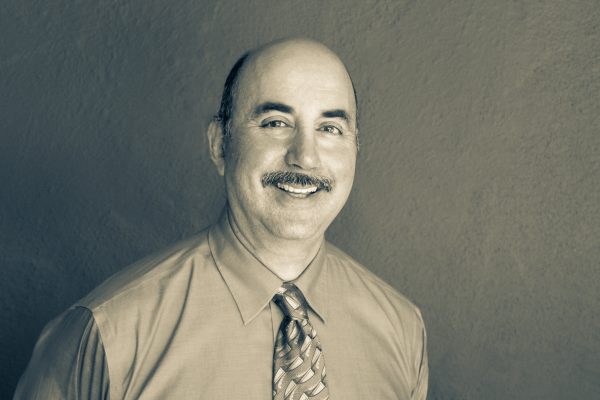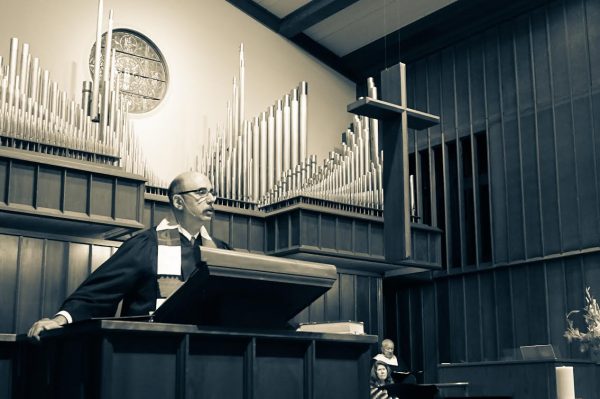This is an exciting time in the life of our church, and for the whole United Church of Christ of which we are a part. One of our own, Chris Williams, has become a Member in Discernment (MID)! Now, you may find yourself asking, “What is a Member in Discernment?,” but I think an even more pressing question we should be asking is, “What is Discernment?”
One of the key pieces of our identity and tradition in the United Church of Christ, and the historic Congregationalist Churches from which we come, is our conviction and embrace of the Priesthood of All Believers. Whenever someone joins our church through Baptism or by remembering and affirming their baptism, we remember and affirm that every one of us gathered together in the church is called to ministry. We are all called to live faithfully, resist evil and oppression, and to work towards a just world for all of Creation. We all have our own pieces of this work that go with us into every part of our lives, and which also come together in the ministry of the church. We all have our own functions as members of the body of Christ and we are all called to minister to others, but some are called to ordained positions, in which we serve specific functions of the church. Some of these functions include supporting and nourishing the community by leading worship and administering the Sacraments, preaching, teaching, pastoral care, leadership and administration within church community, and leading the church to be a prophetic witness among the larger community.
In the UCC, when someone begins to sense that they are called to this work, and wish to pursue it further, they enter a process with the support of the local church and its conference (for us, the Northern California Nevada Conference of the UCC), and become a Member in Discernment. This can be just a little misleading, because they are never alone in this time and work of discernment. In fact, discernment is communal in its very nature, and is impossible to practice as an individual in isolation.
Discernment is an important, yet often overlooked spiritual practice and discipline. When we neglect it, which is all too often, we neglect an essential question: What is God doing in this present moment? We have the library of sacred stories held in our Bible where we see some of the ways God has moved among our forebears in faith. We also have the traditions handed down through the history of the church to develop and train our capacity for opening ourselves to God’s presence. Sometimes we get distracted and turn these stories and traditions into their own ends and goals, and try to capture something we think we have lost. But what we think we have lost is actually waiting for us in the present moment. These histories, stories, teachings, and traditions are not ends in themselves, but rather are gifts from those who came before, from those who witnessed God’s presence and redemptive action in their own times, given to us so that we might take their wisdom and knowledge and join for ourselves into the presence and action of God in our present moment.
Discernment is only possible in community. It is never an individual act, conviction, or revelation. We are community-dependent created by a God who is the very nature of connection and community, so it only makes sense that we most clearly discern the ongoing creative and wholeness-making work of God when we do so as a community. Discernment requires a lot of us. It requires individuals and the groups they discern with to have imaginations shaped by the stories of Scripture and trained by tradition, to be prayerfully attentive to the present moment, to be intimately aware of and willing to suspend their personal wills, desires, motives, and certainty of what is and is not possible, and to be open, patiently listening and watching for the movement of God, where-and- who-ever it may come from.
A new Member in Discernment in our church is an exciting time, not just for the individual, but for the whole church that is a part of the journey. This is especially true for us, as Chris Williams has become our second member in the MID process. Our own Kim Williams (yes, relation) is also a MID. This is an exciting time, not just for their own emerging ministries and understandings of their callings, and our pride in claiming them as our own, but also because they are providing us with opportunities to practice the discipline of discernment for every other occasion, decision, challenge, and invitation to meet God in the present moment that we encounter.
To get to this point, Chris had many discussions with his family and with me, he presented a narrative of his spiritual journey and understanding of calling to ordained ministry to our Church Council, who voted to recommend him to the conference Committee on Ministry, who, after receiving a lot of information and meeting with Chris themselves, voted enthusiastically to grant him the status of Member in Discernment. Next, he will be forming a Local Church Discernment Committee with a few members of our church to support and journey closely with him through this work of discernment, beginning seminary classes at the Pacific School of Religion at Berkeley, and further exploring opportunities in the church to begin getting a clearer sense of his gifts, interests, passions, and areas for growth and development for ministry. Please join me in congratulating Chris, in praying for him and his journey of discernment, and in keeping our eyes open for where God is moving, speaking, restoring, and creating next.
Pastor Raygan


 From Rev. Ara Guekguezian
From Rev. Ara Guekguezian From Rev. Ara Guekguezian
From Rev. Ara Guekguezian From Rev. Ara Guekguezian
From Rev. Ara Guekguezian